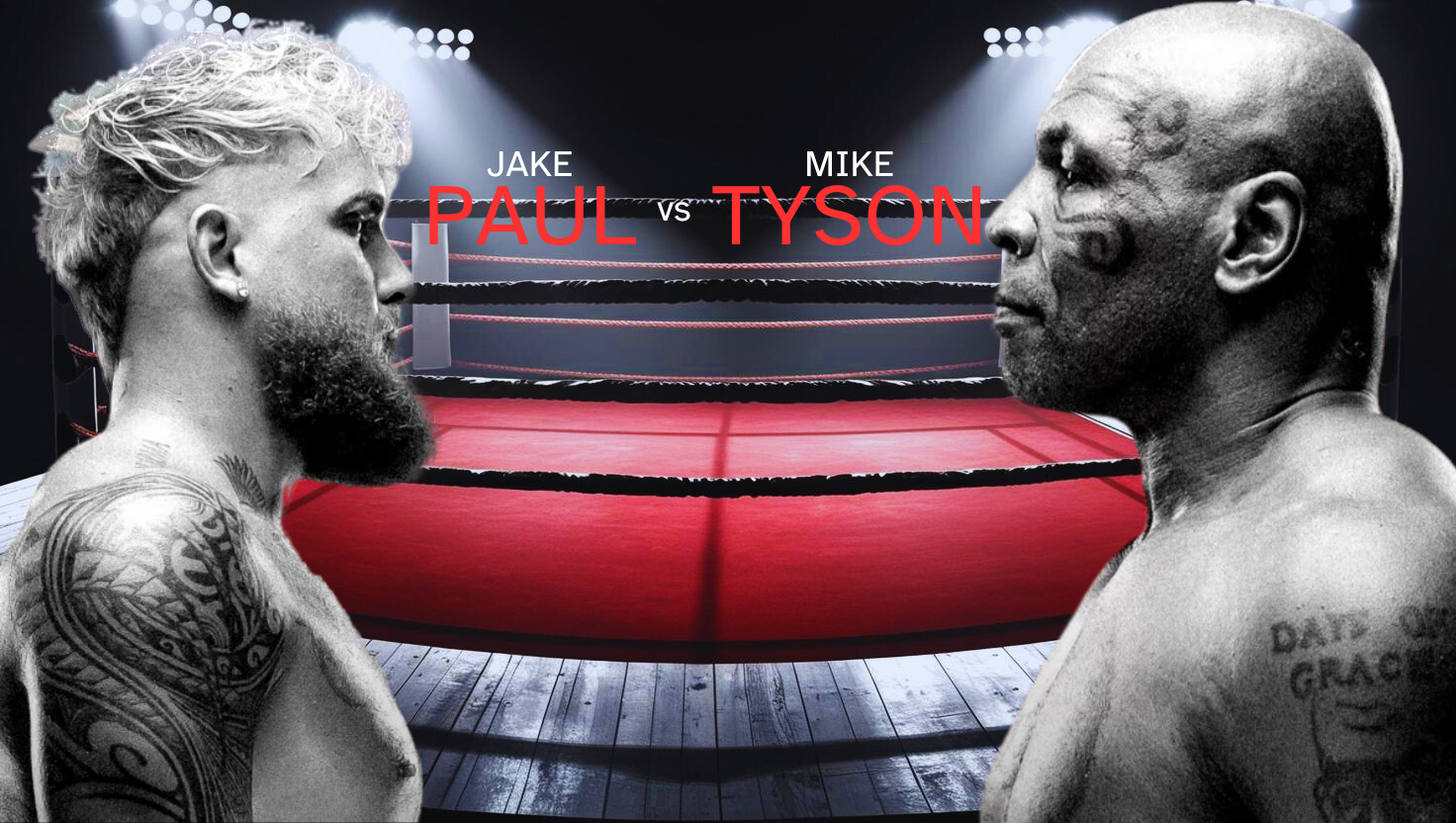COVID-19 lockdowns
It is a nippy morning in Melbourne. I am quarantined in my residence due to COVID-19 lockdowns and have not seen another human being for almost a month. I decide to make myself a cup of authentic Assam tea and sit by the window to blankly stare at empty streets, which until a few weeks ago, were bustling with early morning commuters. As I was pouring the tea into my cup as if immersed in an act of mindfulness meditation, I found myself quickly engrossed with a thought experiment.
A sample scenario
You are the driver of a passenger train that is hurling down the tracks at high speed. Ahead, you notice that five 9-year-old children are playing on the track you are on and completely oblivious about the oncoming train. However, you notice that you could pull a lever to divert the train on to a different track on the right before you reach the children. This secondary track is completely functional but has not been used for the past 10 years. However, you notice that there is one 9-year old child playing on that track.
If you do nothing, the train will continue on the current track and kill the five children. You neither have enough time to alert them to move away to safety by sounding the whistle nor can you apply the brakes which would kill all the passengers including yourself.
What would you do? Would you pull the lever? You have 10 seconds.
The Famous Train problem
This is a variation of the famous train problem that has been studied extensively in moral psychology and philosophy. It represents two opposing schools of moral thought – utilitarianism and deontology. A utilitarian view contends that the morality of an action is judged by the consequence it produces. According to this view, a decision to steer the train to the right track thereby killing the single child is not only favoured but morally superior, as it would save the lives of five children. In contrast, a deontological view asserts that the righteousness of a decision in itself is more important than the outcome it yields. According to this view, following rules and edicts play a central role in determining the morality of a situation.
So should you pull the lever and kill one child to save the other five. Or do you think the act of killing – in itself – is wrong regardless of the rationality or outcome. But then, what decision would you make in 10 seconds?
Whether you follow a reductionistic approach and quantify humanistic hedonism or believe in the incommensurability of human lives, the above scenario is sure to present an ethical dilemma that may have important implications for real-life problems.
Whether you follow a reductionistic approach and quantify humanistic hedonism or believe in the incommensurability of human lives, the above scenario is sure to present an ethical dilemma that may have important implications for real-life problems.
Regardless of what your philosophical orientation is, it is clear that there are no easy resolutions in the scenario above and that casualty seems inevitable. I submit to you my fellow denizens that the current COVID-19lockdowns present a somewhat analogous paradox. Major governments are like the driver in the train and have a critical decision to make. If they continue with the current lockdowns, it is likely to curtail the spread of COVID-19 but millions of people may lose their livelihood endangering the global economy. On the other hand, if they relax restrictions, the lives of millions of people will resume normalcy, but the pandemic may continue to spread and claim victims, especially those who are aged and/or vulnerable.
COVID-19 and Game Theory
For COVID-19, a decision to relax restrictions and lockdowns may have both intended and unintended consequences. I suppose the bigger question here is how do we rationally make sense of an irrational situation? Contrary to the assumption held by traditional economic theory that humans act as rational beings, behavioural economics has more recently revealed that humans are not always rational decision makers. Considering rationality is limited by the manageability of the problem, tactical decision of others, one's own cognitive biases, perceived cost and utility value of the decision, and limits of time, one strategy to arrive at the best possible solution may perhaps be an attempt to reach Nash's Equilibrium - which is a classic concept in Game Theory where two or more players, competing against each other and for an ultimate prize, choose a strategy that will maximise their returns whilst simultaneously factoring the decision of other players without deviating from their own strategy. And so, in the current COVID-19 situation, one possible resolution might be to choose a strategy that balances the needs of millions of people and the global economy whilst simultaneously executing strict infection prevention control to inhibit the spread of the virus.
Although the train scenario above presents an either-or strategy, the current COVID-19 situation does not necessarily have to. Given the long-term solution - developing and deploying vaccines - is many months away, a successful exit-strategy may perhaps mean that we have to get used to a more flexible version of the lockdowns, where our altered lives find a delicate balance between freedom and growth. This kind of flexistence may become the new norm and help us attain equilibrium, at least for the time being. I may ponder about a world of possibilities, but the truth is I do not have the answer. For all I know, my tea has gone cold.













Discussion